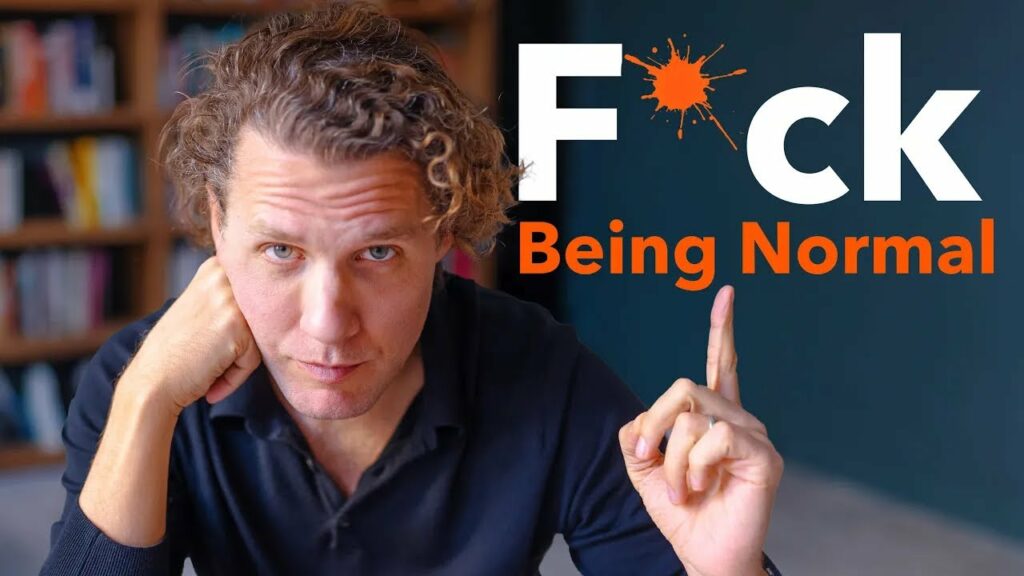The Blue Dot Effect: Why Things Always Seem Worse Than They Are – Mark Manson

The Blue Dot Effect: Understanding Why Things Seem Worse Than They Are Exploring the Psychological Phenomenon That Skews Our Perception In today’s world, many people feel that things are getting worse, even though objective measures indicate improvement in various aspects of life. This paradox can be explained by a fascinating psychological phenomenon known as the […]
40 Harsh Truths I Know at 40 but Wish I Knew at 20

Wisdom Gained Through Experience: Life Lessons for the Younger Generation By Mark Manson: Wisdom Gained Through Experience Today is Mark’s 40th birthday, a significant milestone that brings with it a wealth of knowledge and insights. Reflecting on the past two decades, I realize there are numerous harsh truths I now understand that would have significantly […]
Mark Manson Podcast – THE SUBTLE ART OF NOT GIVING A F*CK

Exploring the “Mark Manson Podcast – THE SUBTLE ART OF NOT GIVING A F*CK” Insights and Highlights from the Podcast That Challenges Conventional Self-Help Introduction Mark Manson, the bestselling author of “The Subtle Art of Not Giving a F*ck,” extends his no-nonsense approach to personal development through his engaging podcast. This podcast delves into various […]
Mark Manson YouTube Channel

Understanding Mark Manson’s Approach to Life Insights from the Bestselling Author and Influential YouTube Creator Mark Manson: A Brief Bio Mark Manson is a renowned author, blogger, and personal development speaker known for his no-nonsense approach to self-help. Born on March 9, 1984, Manson has made a significant impact in the realm of personal development […]
